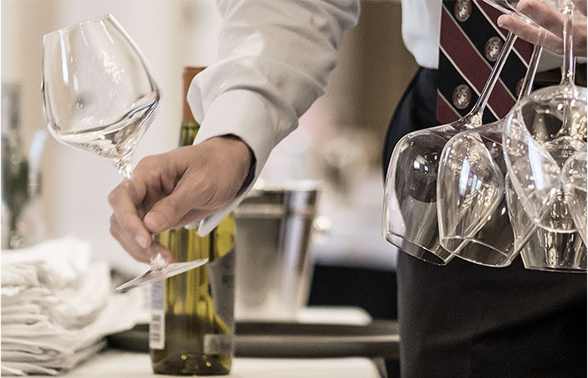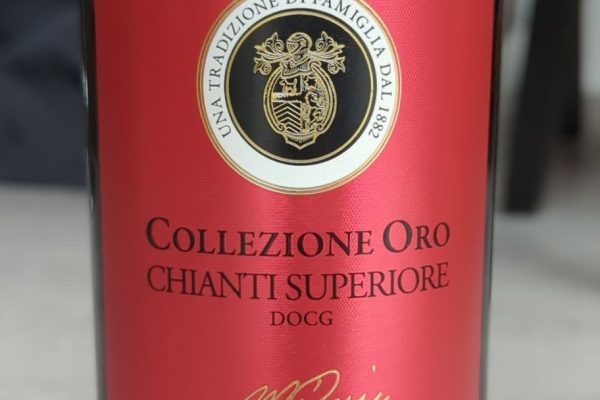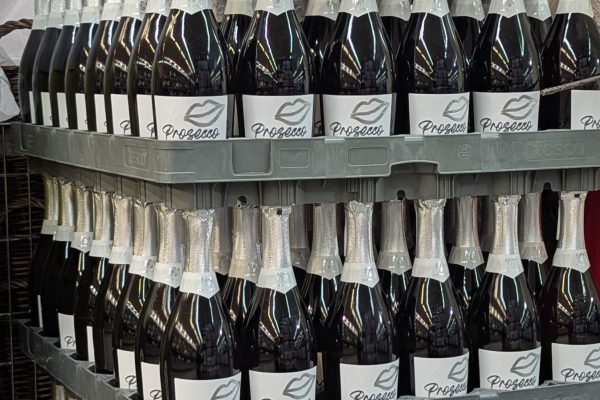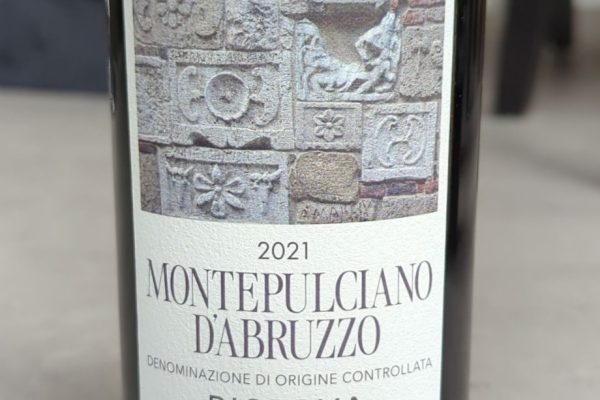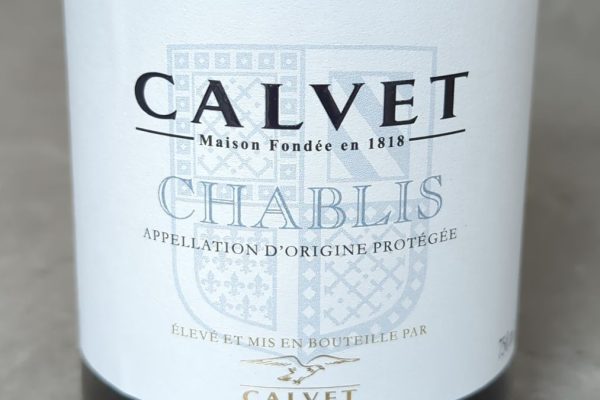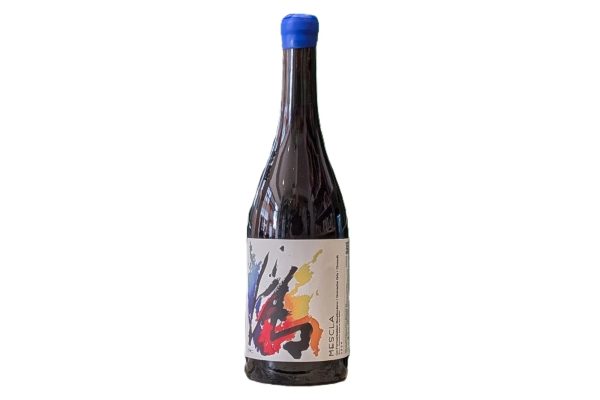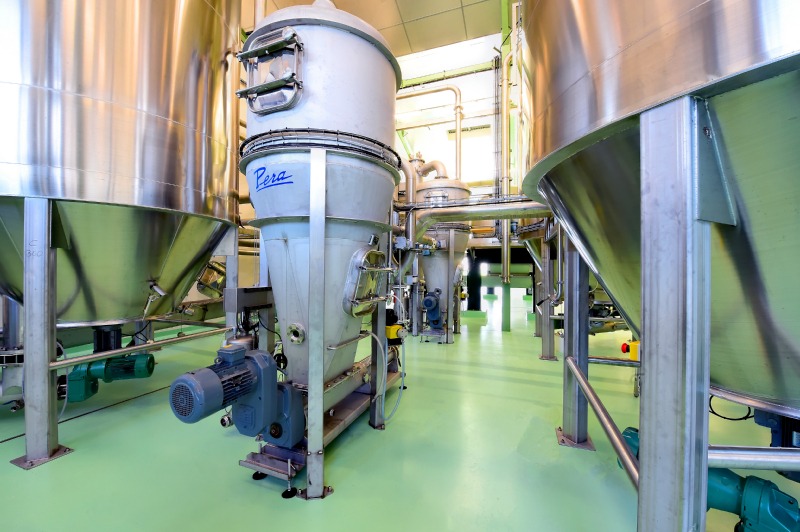
Mash heating, also known as thermovinification in winemaking, is a process that involves heating the grape must to higher temperatures than traditional methods. This technique is used to enhance various aspects of the final product. The process is sometimes used for grapes damaged by botrytis or grape rot in order to avoid prolonged contact with the grape must.
Thermovinification is used before fermentation. It involves heating the grape mash to around 70 °C and 85 °C for about an hour, followed by rapid cooling before fermentation. This method offers benefits such as enhanced extraction of colour and phenolic compounds, resulting in wines with improved colour intensity, increased anthocyanin content, which aids colour stability, and a higher total polyphenolic content, potentially improving antioxidant properties and aging potential. For instance, Merlot grapes treated with thermovinification typically show a 36% increase in polyphenolic content and a 26% rise in anthocyanins compared to traditional methods. However, it may affect other sensory qualities of the wine.





